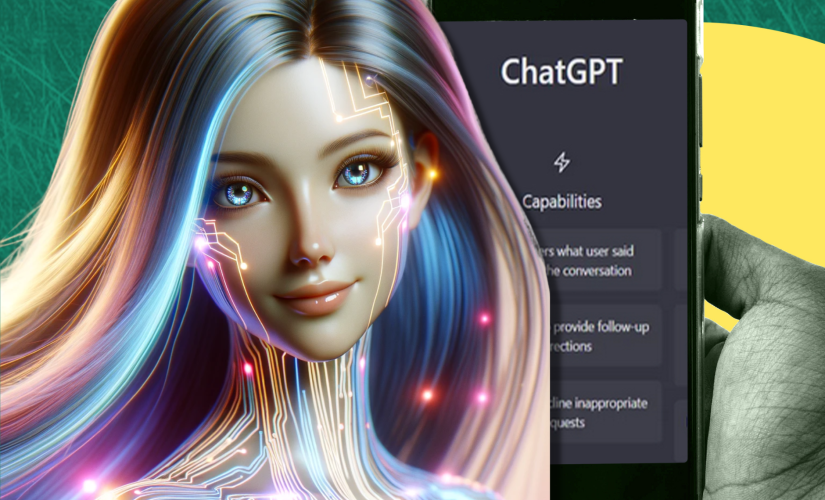A wave of AI girlfriend bots has appeared on OpenAI’s new GPT store, forcing the tech company to take a stance on the matter. Within days of the store opening, at least six “girlfriend” AI chatbots, including “Ai.Eva,” “My Tiefling Girlfriend,” “My Virtual Girlfriend,” “Your Girlfriend Tiffany” appeared on the platform.
According to OpenAI’s policies, it does not “allow GPTs dedicated to fostering romantic companionship or performing regulated activities.” It states that any tools that are deemed “inappropriate for minors,” including “ sexually explicit or suggestive content” are not permitted. However, at the time of writing, the girlfriend bots continue to exist on the platform.
Some apps have already been taken down, but it appears that creators have become more creative in their titles, with “sweetheart” generating more relevant options than “girlfriend.” Other search results appear under “dating.”
OpenAI just launched GPT Store.
And it is already flooded with AI Girlfriends and Boyfriends 🤪 pic.twitter.com/sUHWu7k8us
— Poonam Soni (@CodeByPoonam) January 13, 2024
OpenAI has blocked certain explicit terms, hence it seems to be cracking down on some elements. When asking one of the bots the question, “What romantically do you want to do tonight?” it responded with a generic answer about spending a night in.
What other AI chatbots are there?
Business Insider reported that platforms dedicated to AI companions have surged in popularity over the last year. The AI chatbot application Replika, marketed as an “AI for anyone who wants a friend with no judgment, drama, or social anxiety involved,” has been downloaded over 10 million times.
Meta has also created a collection of AI bots, mimic celebrities and famous characters in history. From socialite Paris Hilton, entrepreneur and reality TV star Kendall Jenner, to former NFL star Tom Brady, the AI companions were rolled out in the U.S. in September.
Character.AI, the AI chat startup founded by former Google researchers and backed by $150 million in funding from Andreessen Horowitz, also added multiple AI companions and friends into a shared group chat feature in October.
Excited to announce v(1.0) of Digi, the future of AI Romantic Companionship, for IOS and Android 🤖
Site: https://t.co/q420GR4jJ4
Twitter: @digiaiappA quick thread on features, and where we go from here (1/13) pic.twitter.com/9KZoorEoA0
— Andrew (@andyohlbaum) December 15, 2023
There are already several romance-related AI chatbots, such as Digi, which was billed by its creator as “the future of AI Romantic Companionship.” The number of downloads for the app soared after it was revealed on X.
Featured image: Canva / DALL-E





